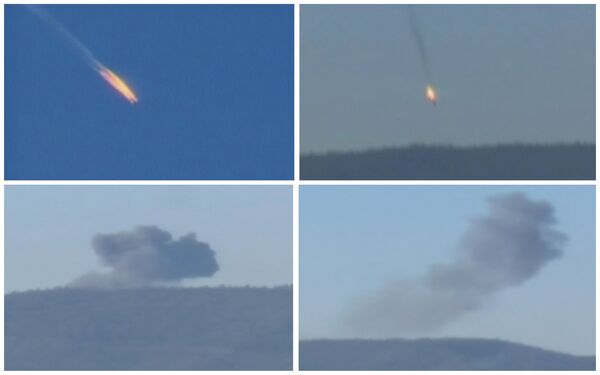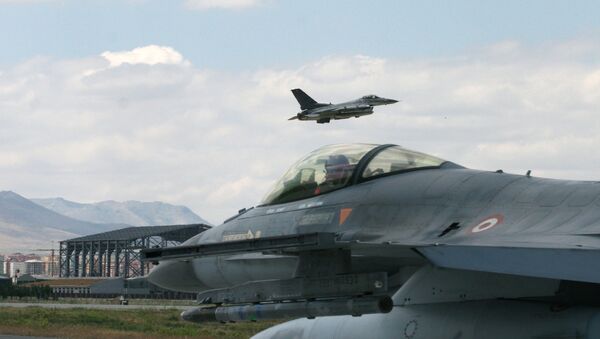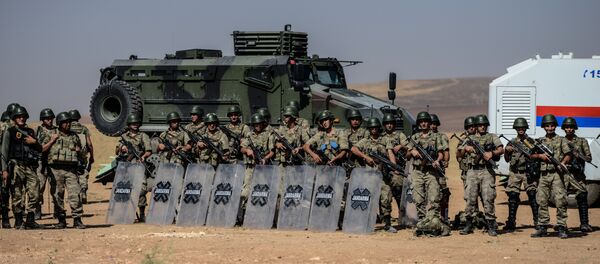"It also proves the existence of a very dangerous geopolitical trend directly related to the countries of Central and Eastern Europe, which have already become NATO or EU members, or cherish the dream of joining these organizations (often at any price)," the expert wrote for the Strategic Culture Foundation.
In addition, Turkey does not want the Syrian crisis to be resolved and is ready to add fuel to the fire if necessary, the analyst stated. Protracted civil war in the neighboring country will allow Ankara to continue its illegal oil business with ISIL. It is also trying to pit the radical group against the Kurds as much as possible.
Pretty clear that the world needs to bang Erdogan's head against a brick wall to get him to focus on ISIS and not the Kurds #ISIS
— Sam Julius (@SamJulius1) 19 ноября 2015
ISIL's defeat, according to the analyst, does not suit Turkey. "It also does not serve the interests of the United States implementing its strategy of controlled chaos and geopolitical isolation of Russia," Iskenderov observed.
After the dust settles, @NATO needs to have a serious talk with #Erdogan about #Turkey's support of #ISIS. https://t.co/ggxmMcUj4f
— Patricia D McClendon (@PatsCSW) 24 ноября 2015

The downing of the Russian bomber, which was engaged in an anti-ISIL operation, cast a shadow on the already strained relations between Moscow and Western capitals. Therefore, preventing Erdogan from dragging Turkey and other European countries "into a new Cuban crisis" is a priority, the analyst emphasized.
"It should be noted that … as the crisis of 1962 unfolded the opposing sides did not bring down each other’s aircraft. These days, Turkey has 'outperformed' even the United States of the Cold War era," Iskenderov added.





